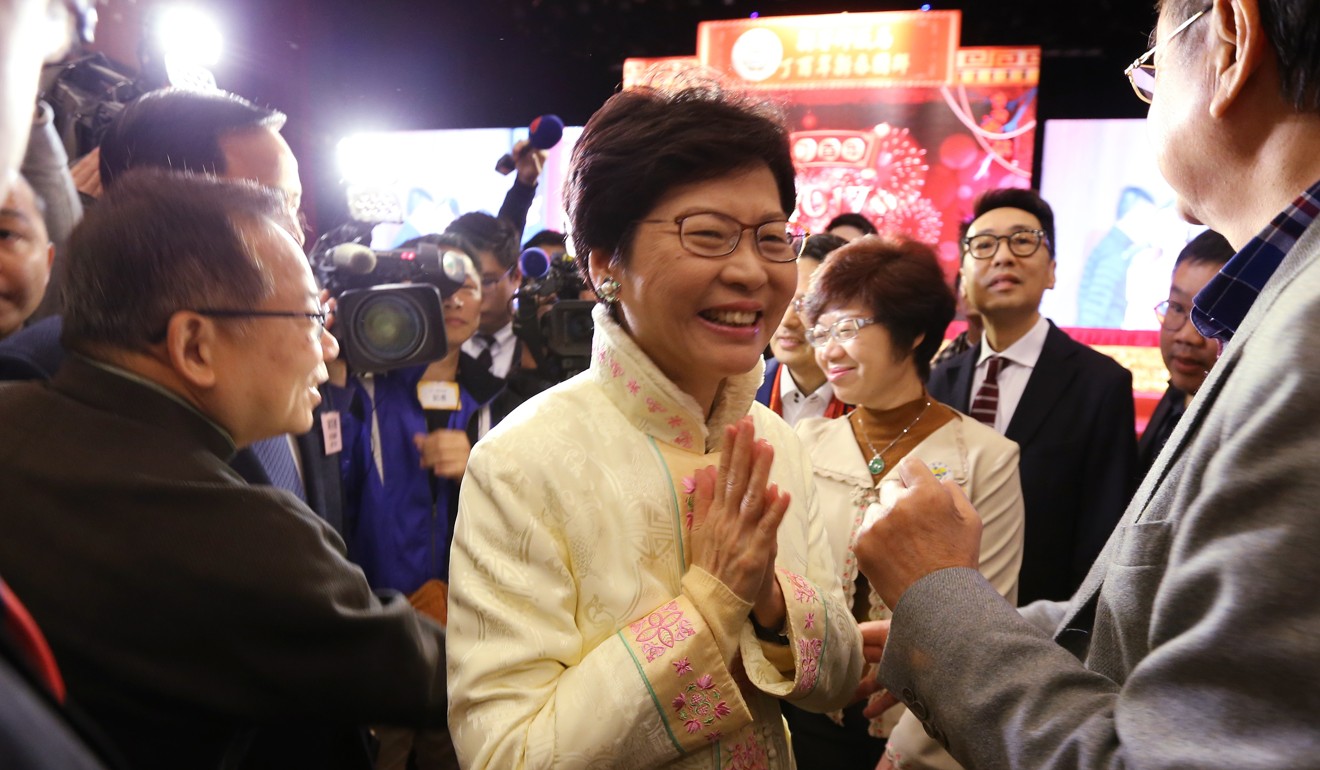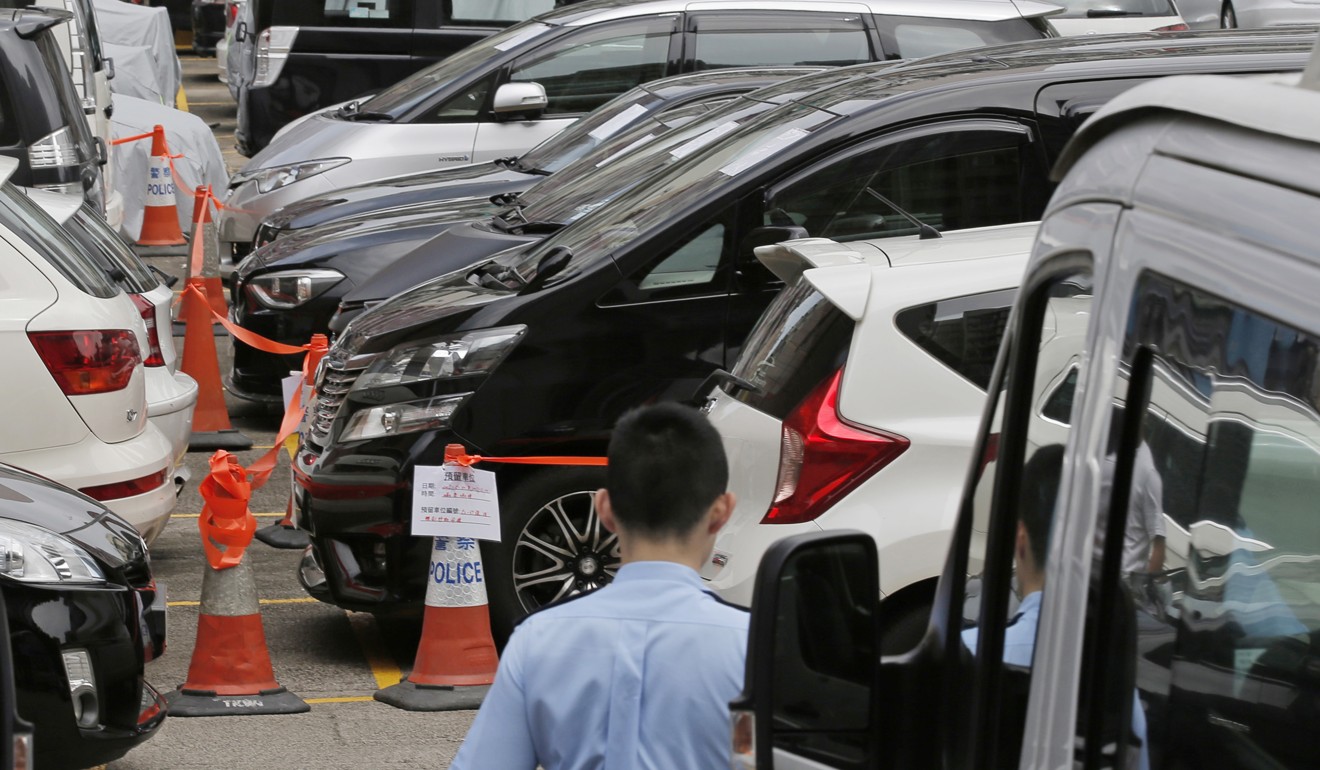
How Carrie Lam can boldly lead the change Hong Kong needs
Philip Bowring says the incoming chief executive will have a daunting task changing the perception that she is part of the status quo, but there are several courageous ways she may achieve just that
Let us never hear from her lips the word “consensus”, the classic escape for politicians and civil servants for whom change is too hard or too upsetting for their friends.
In victory speech, Hong Kong chief executive-elect Carrie Lam vows to heal divisions, reach out to young
Healing society’s wounds can never be achieved by sweet and meaningless talk. It has to start with the notion that change is needed and will upset the status quo, which Lam is seen to represent. The fact that she is having to rely for her ministers primarily on those already deeply embedded in the system will make that very difficult.
But, again, it also gives her the opportunity to show she is a leader who can force badly needed change; that not only is she more than “first among equals” but, like former British prime minister Margaret Thatcher, can stamp her own more radical ideas on groups reluctant to see their own privileges threatened.
If Lam wants to develop better relations with the pan-democrats, she isunlikely to be able to do that by offering democratic development, unless Beijing realises that its overreaction to the “independence” talk has been counterproductive.

Shameless Heung Yee Kuk has crossed the red line
In principle, Lam supports a records and archives law. It would add to transparency and help the Independent Commission Against Corruption. But will she push for it?
The taxi business is another whose problems lie even further back in colonial history than the small-house policy. Selling of perpetual licences was always a lousy idea and has been compounded by a refusal to increase the number of urban ones. With or without Uber and its equivalents, the taxi policy has been a disgrace for years, enriching licence holders, some with close relations to government. The result is ageing, underpaid and aggressive drivers, poor service, and the like.

Hong Kong puts brakes on Uber in its road map for the future
The government has already just lost a chance to bring real competition to the power industry. Highly profitable monopoly and oligopoly capitalism so dominates Hong Kong’s domestic economy that it squeezes the profits and enterprise of the rest.
The concentration of economic power in Hong Kong makes South Korea’s chaebol seem modest
Competition seems a dirty word to many in government, and the concentration of economic power in Hong Kong makes South Korea’s chaebol seem modest. Meanwhile, Hong Kong lags decades behind advanced cities on air pollution, waste recycling, water conservation, and so on. The reasons are obvious. Lam must do something. Some actions will be unpopular initially but presenting them as leading Hong Kong to a more advanced status can be a strong selling point.
Common sense should also guide Lam in another direction, which would be both popular and productive. An ageing society with a slowly growing population inevitably faces health and pension demands. Similarly, it does not need ever more 1960s-style pouring of concrete into infrastructure projects with little economic return.
In short, Hong Kong can be made to feel better about itself despite the pressures from Beijing – if the government set itself some challenging goals for a change.
Philip Bowring is a Hong Kong-based journalist and commentator

